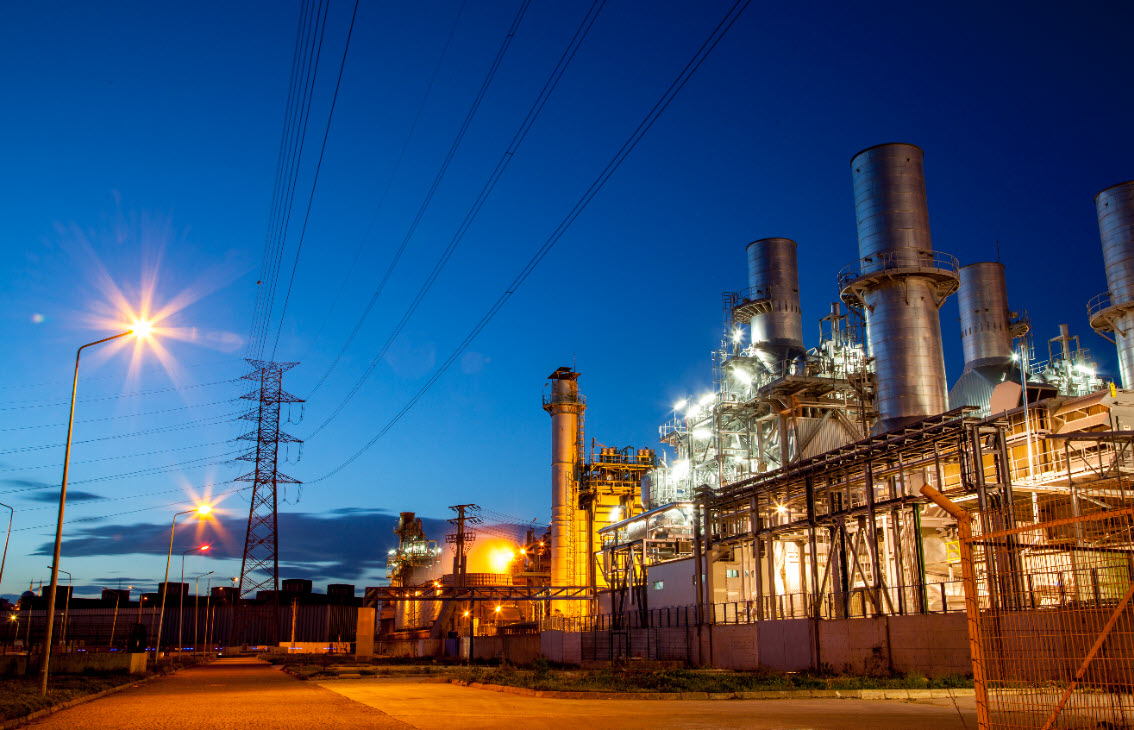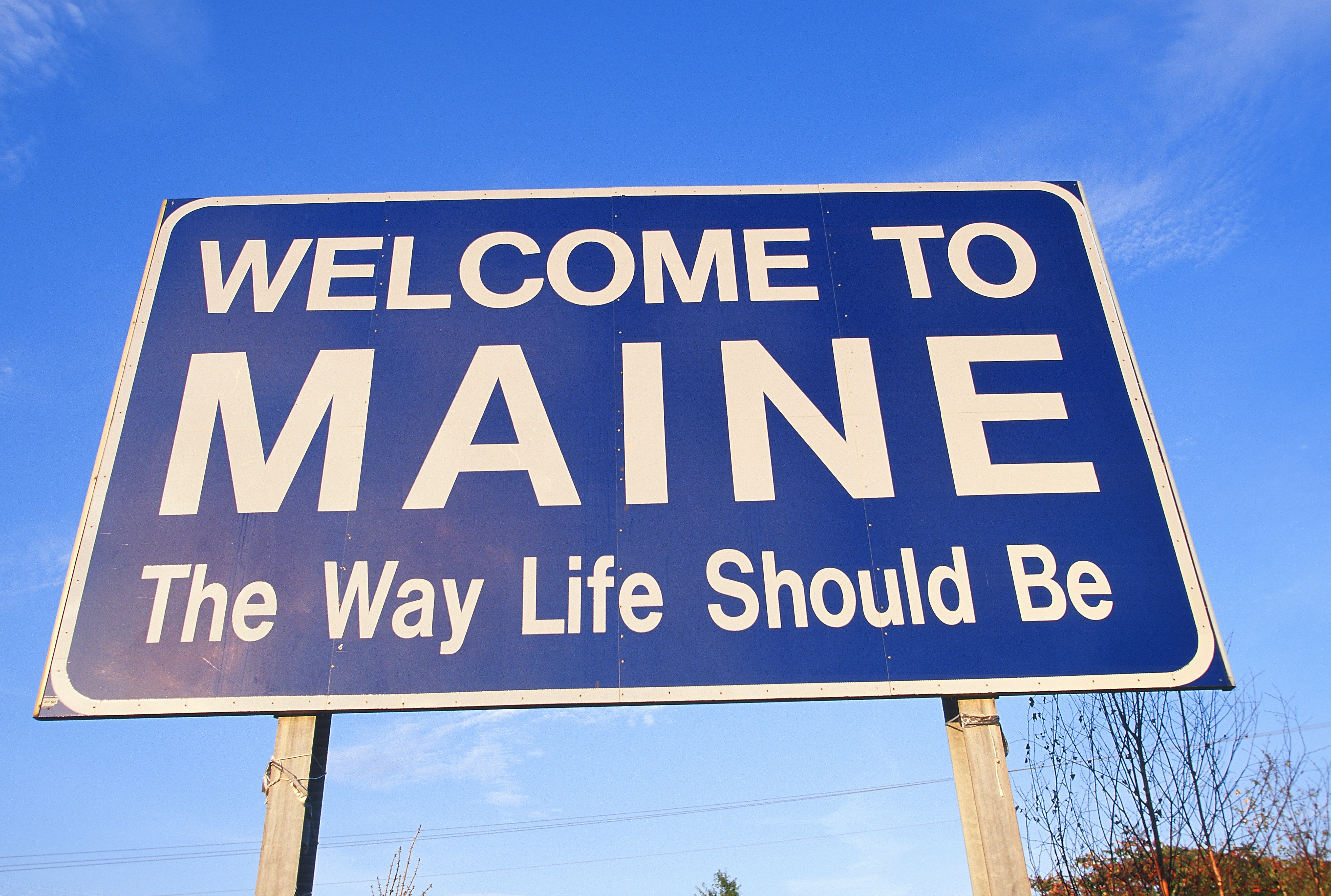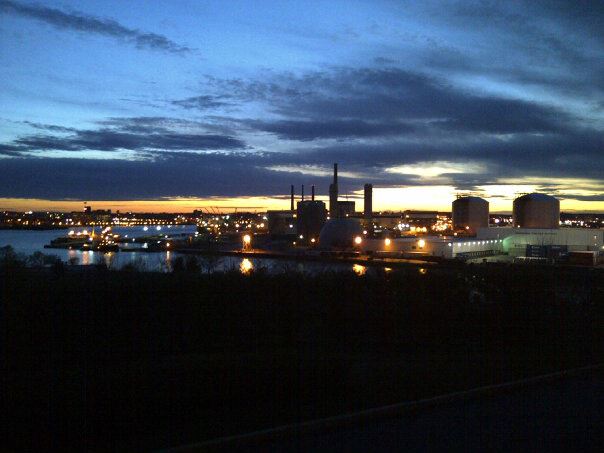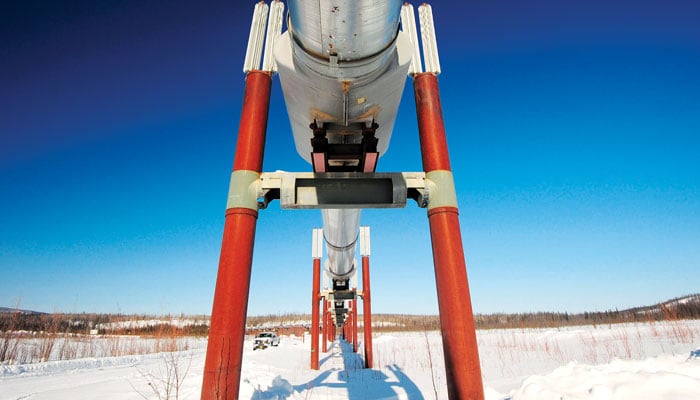The Regional Greenhouse Gas Initiative (RGGI) has been back in the news as of late, as Pennsylvania withdraws (again) from the program, citing higher electricity costs. Electricity costs have been a growing issue of concern for voters as we’ve seen in the last two cycles (both Presidential and Midterms), as changing economic realities put consumer goods and services under the spotlight.
ESG & Industry Updates
Topics: Utility Rates, electricity rates, Clean Energy, power plants, rggi
Maine Stalls on Path to First Statewide Consumer Owned Utility
Posted by Kelly Burke on Jul 14, 2021 11:07:00 AM
Maine lawmakers have been pushing for the state to create the first statewide, publicly owned utility in the US. The legislation proposed in June would have created the entity (Pine Tree Power) as a nonprofit utility that would use issued bonds to purchase the asset holdings of the current suppliers (Central Maine Power & Versant). The bill passed the House but stalled in the Senate, ultimately being defeated by one vote on questions raised about how the utility would cover the shortfall in property tax revenue that would arise from the exit of the current utilities. The shortfall was estimated at $90 million dollars, which is normally paid out to cities and towns.
Topics: Utility Rates, renewable energy, maine
New England has some of the highest utility rates in the country, and a fuel-constrained infrastructure. Now the area is again looking at potentially losing two major energy sources simultaneously.
Topics: Utility Rates, Energy Infrastructure
Breaking: Rate Hikes Approved. Hold On to Your Wallets - or Hold Your Nose for Pipeline Approvals
Posted by Ed Burke on Sep 26, 2014 4:58:33 PM
Topics: natural gas, Utility Rates, algonquin pipeline, tennessee pipeline, national grid, electricity rates
Energy in the News - Are Utility Rate Reductions Really A Positive?
Posted by Ed Burke on Aug 8, 2013 1:09:00 PM
This week a Federal Judge ruled that New England utility companies guaranteed profit rates are too high at their current rate of 11.1% and advised they be dropped to 9.7%. According to boston.com, this is projected to save electricity customers in Massachusetts approximately 50 million dollars a year (out of 115 million for New England as a whole).
Topics: EIA, Hurricane Sandy, Utility Rates, Emergency Fuel, Massachusetts
Subscribe to Email Updates
Recent Posts
Posts by Topic
- Carbon Emissions (42)
- Climate Change (33)
- renewable energy (32)
- Oil & Energy Magazine (27)
- EPA (24)
- Massachusetts (22)
- Biden Administration (18)
- decarbonization (15)
- Biodiesel (12)
- natural gas (12)
- EPA Mandate (11)
- RFS (11)
- Solar (11)
- Biofuels (10)
- Keystone XL (10)
- methane (10)
- Clean Energy (9)
- offshore wind (9)
- Energy Independence (8)
- Energy Infrastructure (8)
- Safety (8)
- Biodiesel Tax Credit (7)
- Emissions (7)
- Ethanol (7)
- Trump Administration (7)
- ev (7)
- Cellulosic Ethanol (6)
- EV Charger (6)
- Inflation Reduction Act (6)
- RINs (6)
- environmental justice (6)
- Fracking (5)
- Technology (5)
- US Crude Exports (5)
- Utility Rates (5)
- electric vehicles (5)
- maine (5)
- tesla (5)
- ACT (4)
- Mass DOER (4)
- TransCanada (4)
- battery (4)
- fuel management (4)
- massachusetts biodiesel mandate (4)
- obama (4)
- paris accord (4)
- remote tank monitoring (4)
- CARB (3)
- CRUDE (3)
- Carbon Capture (3)
- Clean Fuel Production Credit (3)
- E85 (3)
- Emergency Fuel (3)
- Massachusetts Clean Cities (3)
- Waste Feedstock Biodiesel (3)
- china (3)
- clean power plan (3)
- electricity rates (3)
- net-zero (3)
- renewable diesel (3)
- solid state battery (3)
- AI (2)
- AVs (2)
- Bioheat (2)
- Commodities (2)
- Congress (2)
- Customer Service (2)
- DOT (2)
- EIA (2)
- Emergency Generator Program (2)
- HFCs (2)
- Hurricane Sandy (2)
- IMO 2020 (2)
- MIT (2)
- Marinas (2)
- New York (2)
- Refinery Closures (2)
- Safe Driving Policy (2)
- TCI (2)
- US Energy Boom (2)
- ZEV (2)
- autonomous vehicles (2)
- clean air act (2)
- clean heat standard (2)
- coal (2)
- driver shortage (2)
- emergency response (2)
- environment (2)
- ferc (2)
- geothermal (2)
- hydro-electric (2)
- hydrogen (2)
- national grid (2)
- net metering (2)
- power plant emissions (2)
- power plants (2)
- railcar regulations (2)
- tariff (2)
- vineyard wind (2)
- API (1)
- Air conditioning (1)
- Baiji Refinery (1)
- Blend Wall (1)
- Brent Crude (1)
- Brent vs WTI (1)
- CFCs (1)
- Cell Phone Policy (1)
- Clean Water Act (1)
- DEF (1)
- Election Results (1)
- Electrical Grid (1)
- Energy Efficiency (1)
- Environmental Impact Study (1)
- Environmentally Friendly Products (1)
- Ethanol Tax Credit (1)
- FEMA (1)
- Fiscal Cliff (1)
- Gas Tax (1)
- Gasoline Supply Crunch (1)
- HDVC (1)
- Hazmat (1)
- Heat Tax (1)
- Highway Trust Fund (1)
- Holyoke (1)
- Hybrid (1)
- ISIS (1)
- Iraq (1)
- Kigali Amendment (1)
- MOC (1)
- Market analysis (1)
- Mayflower (1)
- Montreal Protocol (1)
- NORA (1)
- Natural Gas Pipeline Explosion (1)
- New Jersey (1)
- OBB (1)
- Oil Barrel Tax (1)
- PFC (1)
- Pegasus Pipeline (1)
- Propane Autogas (1)
- Stimulus (1)
- Syria (1)
- Tank Truck Safety Training (1)
- Tax Increases (1)
- Tier 3 Gasoline Standard (1)
- Times Square (1)
- VEEP (1)
- Workplace Risk (1)
- agriculture (1)
- algonquin pipeline (1)
- alternative energy (1)
- altwheels (1)
- astm (1)
- bionic leaf (1)
- bitcoin (1)
- boston (1)
- covid-19 (1)
- energy storage (1)
- eversource (1)
- export ban (1)
- fixed pricing (1)
- fuel (1)
- fuel efficiency (1)
- fuel marketers news (1)
- gas leaks (1)
- heating oil (1)
- hurricane harvey (1)
- inflation (1)
- irving oil (1)
- marketing (1)
- nuclear (1)
- online fuel buying (1)
- ozone (1)
- photovoltaic (1)
- pilot program (1)
- pipeline (1)
- propane (1)
- renewable natural gas (1)
- rggi (1)
- russia (1)
- sanctions (1)
- senate (1)
- shale (1)
- social media (1)
- social media for business (1)
- space (1)
- tablets (1)
- tennessee pipeline (1)
- ukraine, (1)
- value added services (1)




